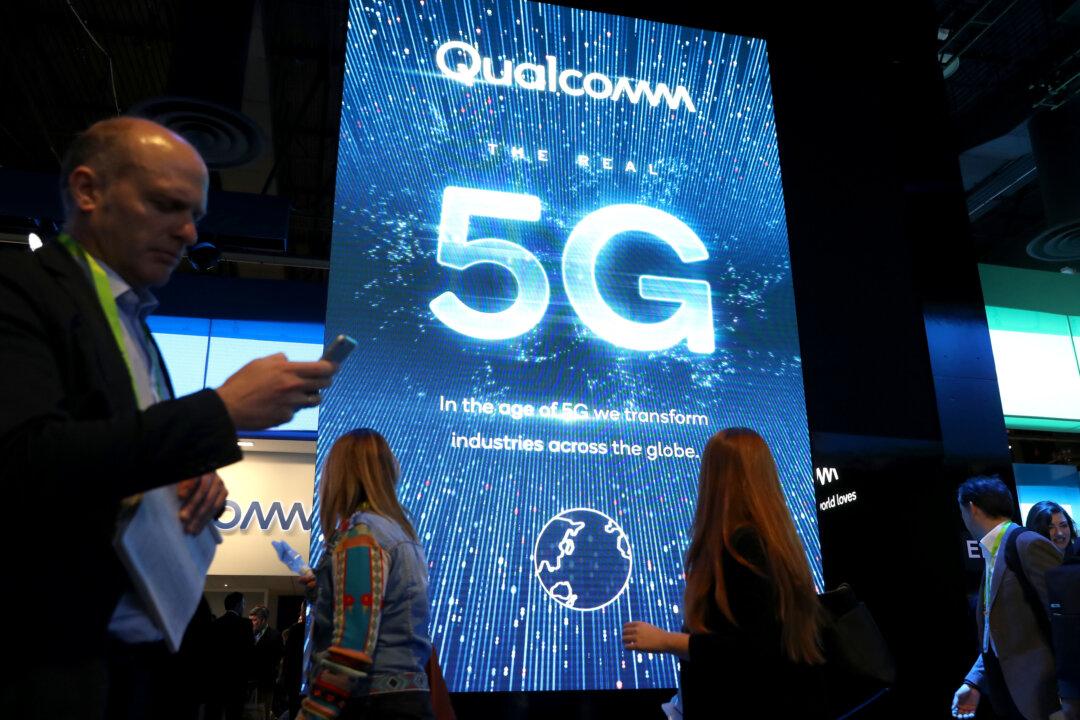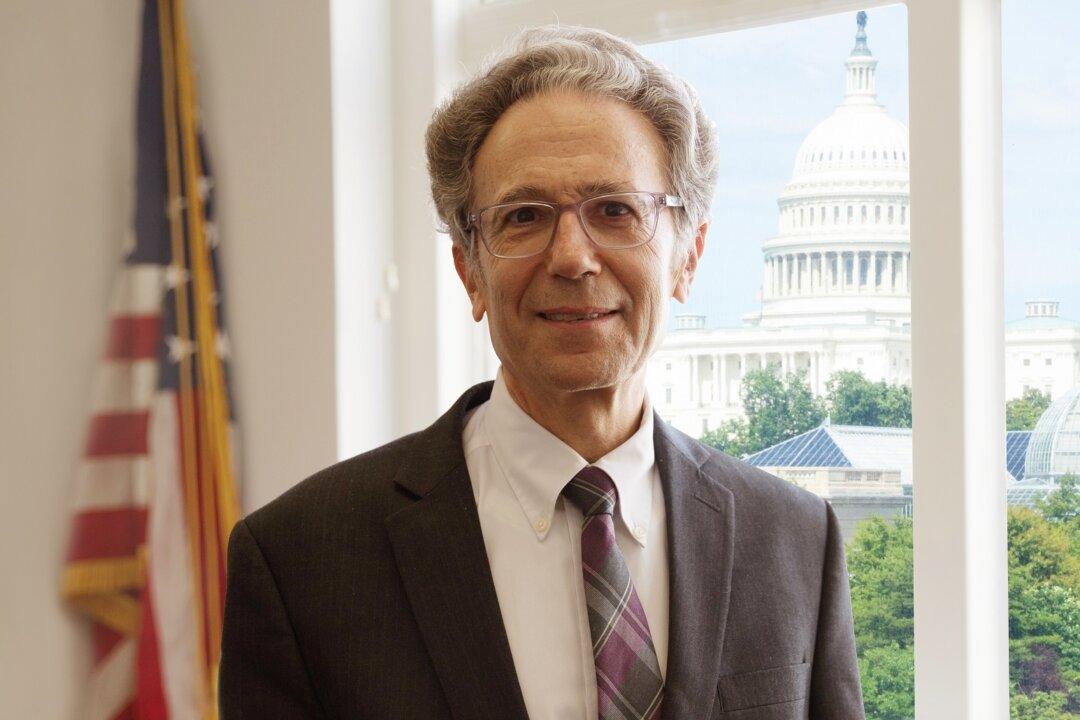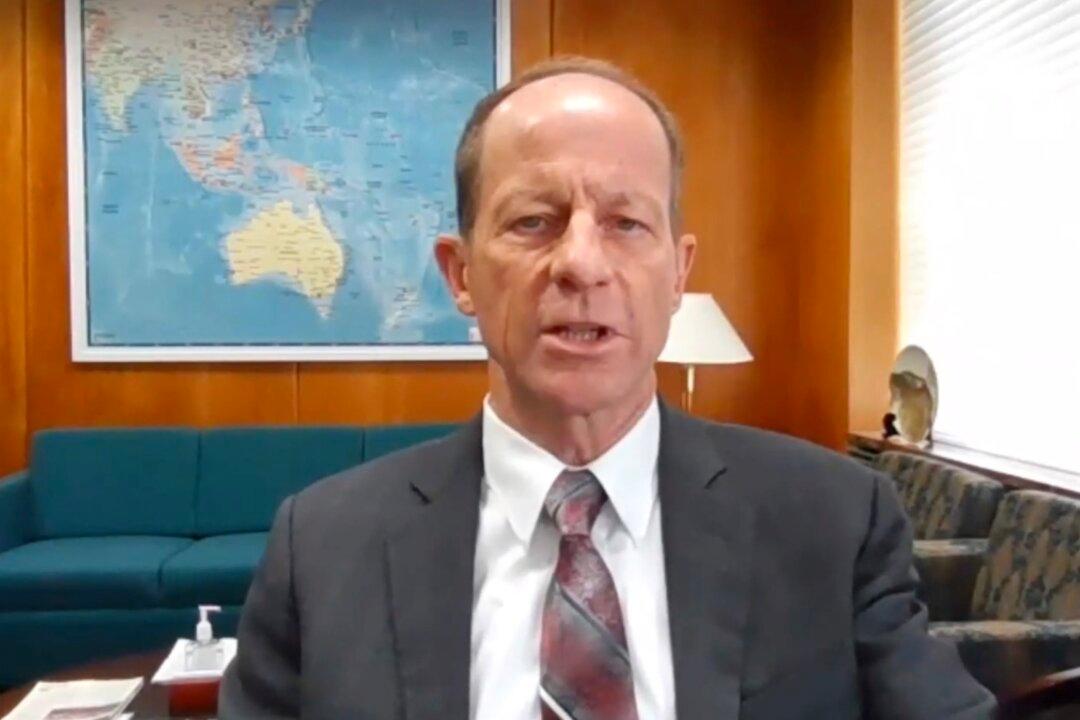WASHINGTON—In the push to develop 5G—the next generation of wireless networks, a gap has emerged between the priorities of industry and government.
Industry wants the government to take a limited role in export controls. Such controls, it argues, limit the ability of U.S. companies to participate in international organizations that set the standards for the architecture of 5G. That limitation, in turn, results in reduced access to foreign markets.




